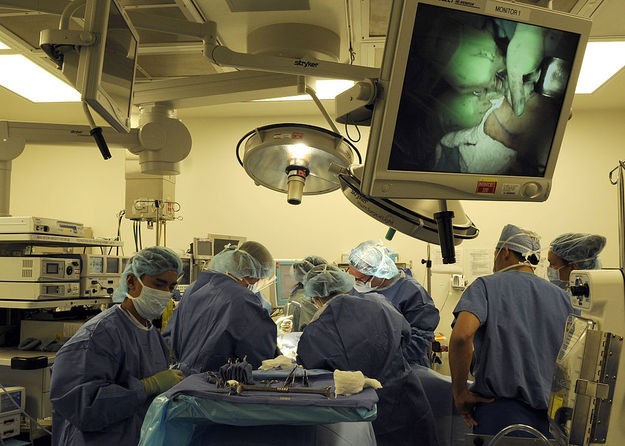BREAST CANCER DIAGNOSIS
SHOULD YOU HAVE A DOUBLE MASTECTOMY?
Women who are diagnosed with Breast Cancer in one breast, frequently opt for the removal of both breasts as a preventative measure. I understand the thought process and emotions that lead to this decision, but is the decision based on good science? Let’s look at a study that was published in the latest issue of JAMA (Journal of the American Medical Association) that came out yesterday (Use of and Mortality After Bilateral Mastectomy Compared With Other Surgical Treatments for Breast Cancer in California, 1998-2011).
A joint study between Stanford University, USC, the Cancer Institute, the California Department of Health Services, and the CDC, looked at almost 200,000 California women who had been diagnosed with unilateral (one-sided) breast cancer. These women were followed for an average of approximately 7.5 years post-surgery. Here are a few quotes that I pulled out of this study word-for-word (emphasis mine).
- The increase in bilateral mastectomy use despite the absence of supporting evidence has puzzled clinicians and health policy makers…… Although fear of cancer recurrence may prompt the decision for bilateral mastectomy, such fear usually exceeds the estimated risk.
- In a time of increasing concern about OVERTREATMENT, the risk-benefit ratio of bilateral mastectomy warrants careful consideration and raises the larger question of how physicians and society should respond to a patient’s preference for a morbid, costly intervention of dubious effectiveness.
- Because bilateral mastectomy is an elective procedure for unilateral breast cancer and may have detrimental effects in terms of complications and associated costs as well as body image and sexual function, a better understanding of its use and outcomes is crucial to improving cancer care. ….patients’ preferences drive its use…..
- Although some studies reported patient satisfaction after bilateral mastectomy, others observed deleterious effects on body image, sexual function, and quality of life; moreover, repeat operations and complications (including flap failure, necrosis, and infection) are substantially more common with bilateral mastectomy than with other surgical procedures.
- By comparing all 3 surgical options for a patient with early-stage breast cancer, we found no mortality benefit associated with bilateral mastectomy compared with breast-conserving surgery, and higher mortality associated uniquely with unilateral mastectomy.
- The increase in bilateral mastectomy rate was greatest among women younger than 40 years: the rate increased from 3.6% in 1998 to 33.0% in 2011.
Here are the study’s actual conclusions.
“Among all women diagnosed with early-stage breast cancer in California, the percentage undergoing bilateral mastectomy increased substantially between 1998 and 2011, despite a LACK OF EVIDENCE supporting this approach. Bilateral mastectomy was not associated with lower mortality than breast-conserving surgery plus radiation, but unilateral mastectomy was associated with higher mortality than the other options. These results may inform decision-making about the surgical treatment of breast cancer.“
Pretty amazing stuff! As always, the information presented in this post is just that — information. It is not meant to diagnose, treat, or cure any disease, including Breast Cancer. Be sure to consult your doctor with any questions you may have. However, if you want to really start making a difference in your health, you need to read THESE POSTS.

